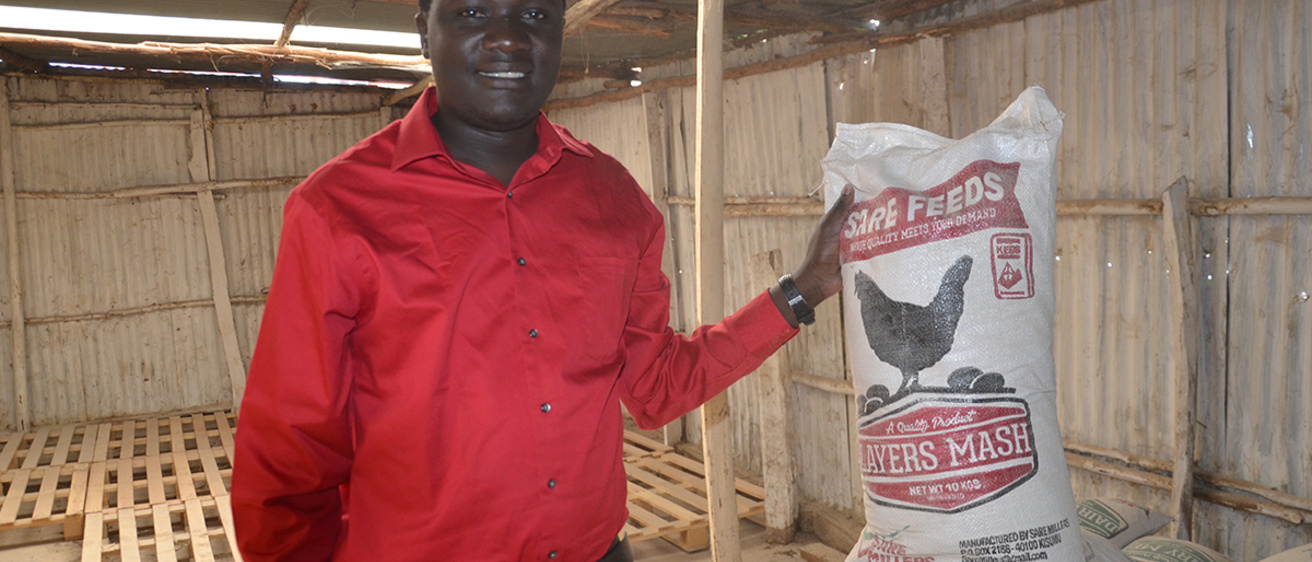Lulayn Awgichew quickly caught Dimy Doresca’s attention when she participated in the Young African Leadership Initiative (YALI) last summer at the University of Iowa.
“She had specific goals that she wanted to achieve for her business in Ethiopia and knew what she wanted to learn during her fellowship,” says Doresca, director of the UI’s Institute for International Business in the John Pappajohn Entrepreneurial Center (JPEC) and YALI coordinator. “It gave her the motivation she needed, a wake-up call to see that her business had potential.”
As a new group of fellows arrives on campus this week to participate in the 2017 YALI program, some UI faculty are still working with last year’s participants. Doresca and Patrick Johanns, a member of the management sciences faculty in the Tippie College of Business and JPEC, each received one of just 50 follow-up grants the U.S. State Department awarded for U.S. faculty to visit YALI alumni in their home countries and provide hands-on entrepreneurial support.
Awgichew and her husband operate Bilset Agritech, a pesticide and agricultural equipment sales business in Addis Ababa, Ethiopia, and Doresca spent 10 days there in January helping develop a growth strategy. He says pest control is a high-growth business in Addis Ababa because few other businesses provide the service in the city of more than 3 million people. Among Awgichew’s clients are the offices of multinational companies, foreign embassies, and many homeowners from expatriate communities.
“They’re running their business very well, and I can see them get to $3 million in revenue by 2020. And that’s a lot of money in Ethiopia,” Doresca says. “It was great to see what she’s doing to make a difference in her own country.”
Doresca also conducted a half-day training session on global entrepreneurship with 20 former YALI fellows in Ethiopia held at the U.S. embassy there.
Similarly, Johanns spent eight days in May with David Okech, who operates a high-quality animal feed mill called Sare Millers in Kisumu, Kenya. Okech’s primary clients are farmers throughout Kenya, and he also sells fish food to fish farms in nearby Lake Victoria.
Okech’s operations are relatively simple, a corrugated steel shack with a bagging machine that puts the feed into cloth sacks. He employs 12 workers and a cat that keeps rodents at bay.
Johanns met Okech after he gave a lecture about continuous improvement and LEAN principles to the YALI fellows last summer. In May, they talked about helping Okech’s company grow through continuous improvement and other strategies introduced in class last year.
“Continuous improvement is well-suited for any entrepreneur because it focuses their thinking on what you do and how you can do it better by cutting out waste,” says Johanns, who teaches continuous improvement and LEAN principles of business management in Tippie’s Iowa MBA program. “We applied a lot of those lessons I talked about last year in his business.”
Johanns also worked with a program Okech operates that teaches entrepreneurialism to teenage girls by helping them start home-based businesses selling eggs. Called Sare Girl, it gives free chicks to girls, who then raise the birds to adults and sell the eggs. Okech says one girl kept the fertilized eggs and incubated them to raise more chickens so she could sell both eggs and chickens. Johanns says Sare Girl teaches the basics of running a business—keeping the books, managing supply, opening a bank account—in a culture that doesn’t offer much education to young girls.
He brought T-shirts with him from the Iowa Egg Council and Iowa Poultry Association that the girls proudly wore, he says, and he hopes to line up a corporate sponsor from Iowa to help fund the program.
YALI 2017
A group of 25 young African business and government leaders will be on the University of Iowa campus this summer to learn about the American economy and business management. The fellows are participating in the Young African Leadership Initiative (YALI), a program sponsored by the U.S. State Department, and will take what they learn back home to develop stronger businesses and government organizations in their countries.
This year’s 25 fellows are among the 1,000 selected from sub-Saharan countries to participate with numerous colleges and universities across the United States. They will spend six weeks in Iowa participating in entrepreneurial education programs on the UI campus in Iowa City and also touring the state.
The program runs from June 16 to July 31.
